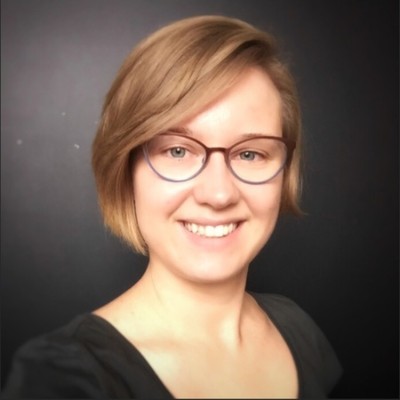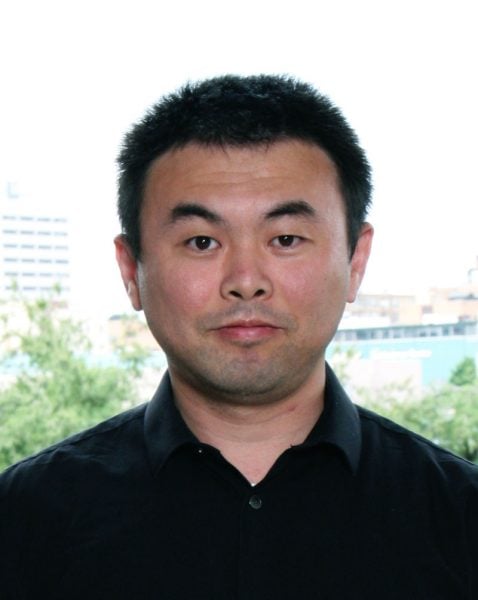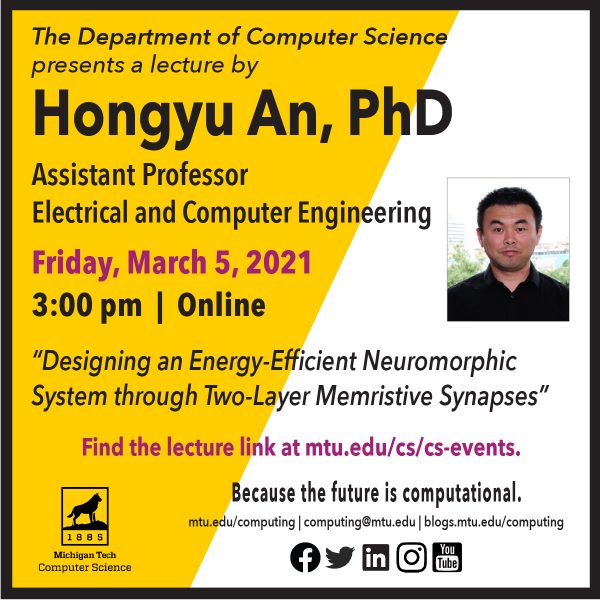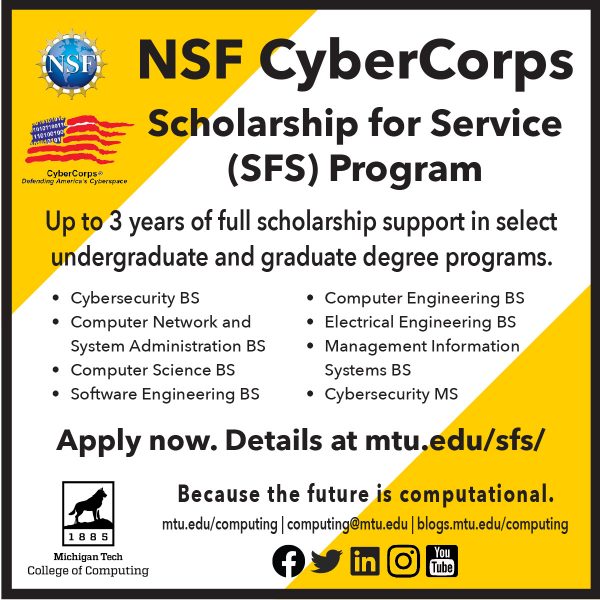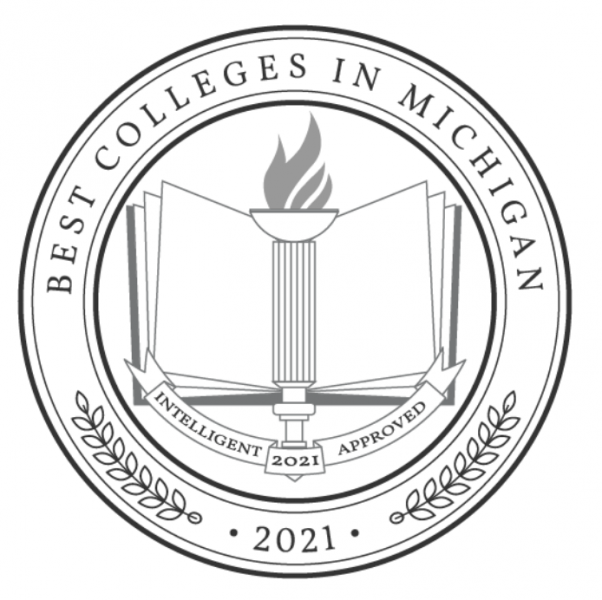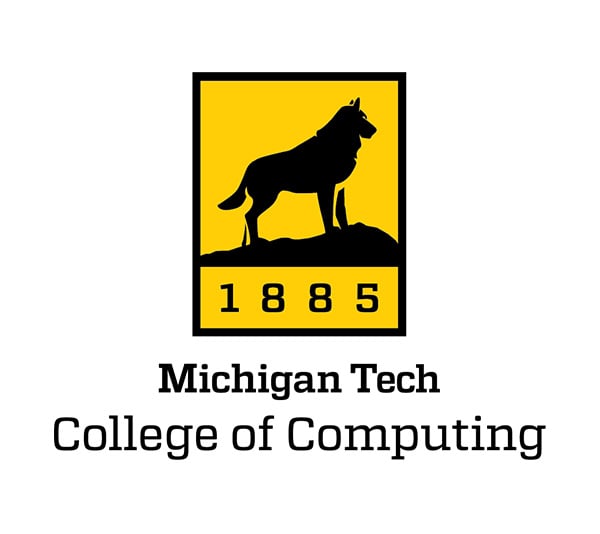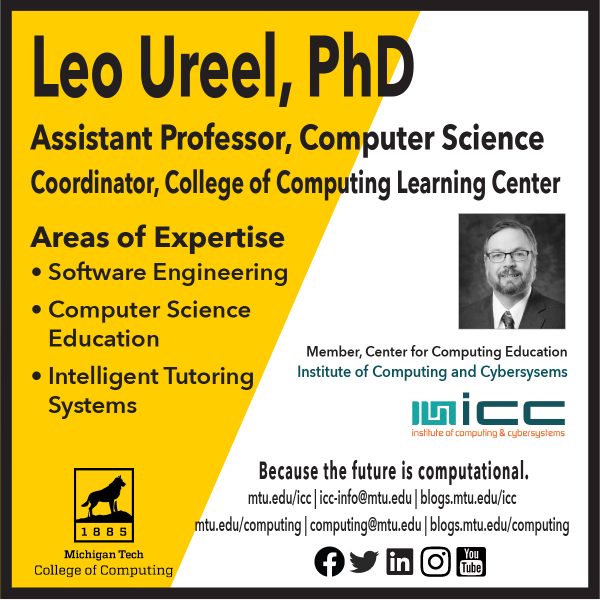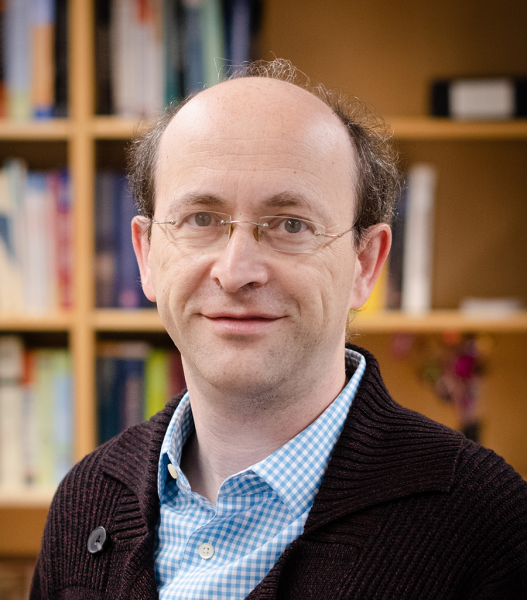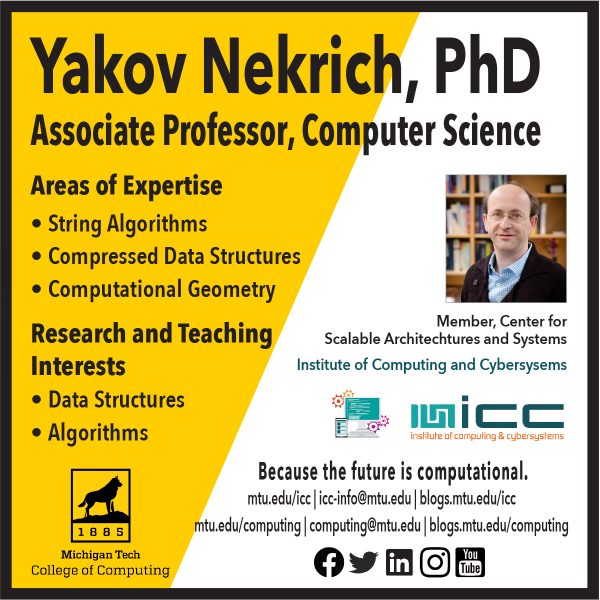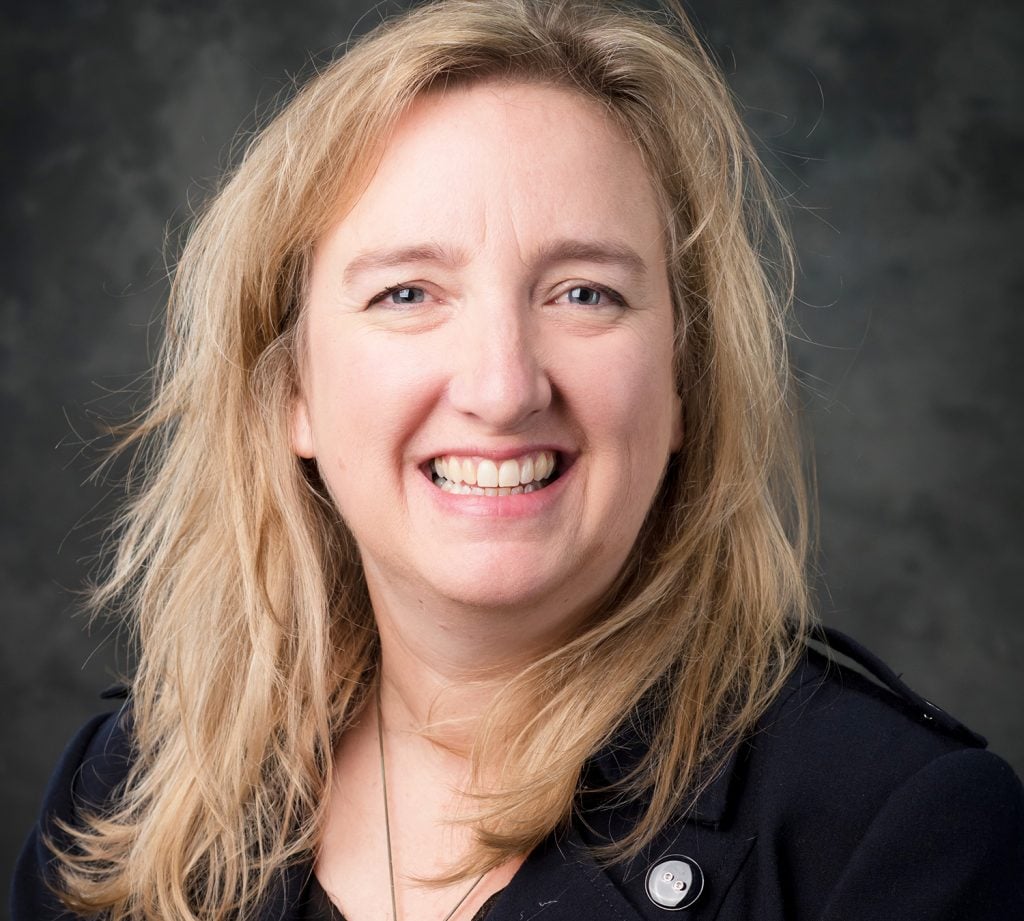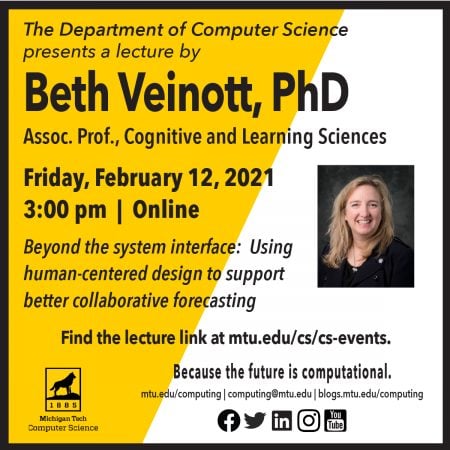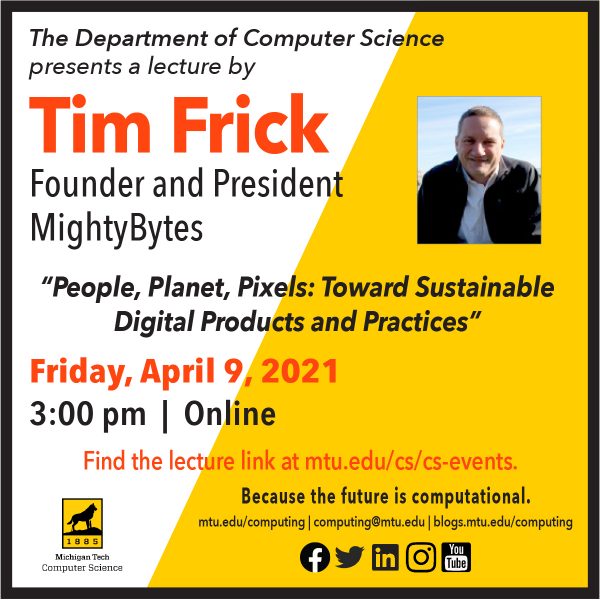
The Department of Computer Science will present a lecture by Tim Frick, founder and president of Mightybytes, on Friday, April 9, 2021, at 3:00 p.m.
In his talk, “People, Planet, Pixels: Toward Sustainable Digital Products and Practices,” Frick will discuss how sustainable web design and responsible digital practices can help create an internet that is clean, efficient, open, honest, regenerative, and resilient.
Lecture Title
“People, Planet, Pixels: Toward Sustainable Digital Products and Practices”
Speaker Bio
Tim Frick started his digital agency Mightybytes in 1998 to help purpose-driven companies, social enterprises, and large nonprofits solve problems, amplify their impact, and drive measurable results. He is the author of four books, including Designing for Sustainability: A Guide to Building Greener Digital Products and Services. Tim regularly presents at conferences and offers workshops on sustainable design, measuring impact, and problem solving in the digital economy.
Lecture Abstract
The internet has a larger environmental impact than the commercial airline industry. It currently produces approximately 3.8% of global carbon emissions, which are rising in line with our hunger to consume more data. Increasingly, web technologies are also being used to sow discontent, erode privacy, prompt unethical decisions, and, in some countries, undermine personal freedoms and the well-being of society. Web technology has the potential to bring huge benefits to society and the environment, but only if we use it wisely.
In this talk, author and digital agency owner Tim Frick will discuss how sustainable web designand responsible digital practices can help us create an internet that is clean, efficient, open, honest, regenerative, and resilient—principles outlined in the Sustainable Web Manifesto, of which Tim is a co-author. Elements of this talk are also based on Tim’s book, Designing for Sustainability: A Guide to Building Greener Digital Products and Services. Creating an internet that works for people and planet is possible. The methods described in this talk will show you how.

